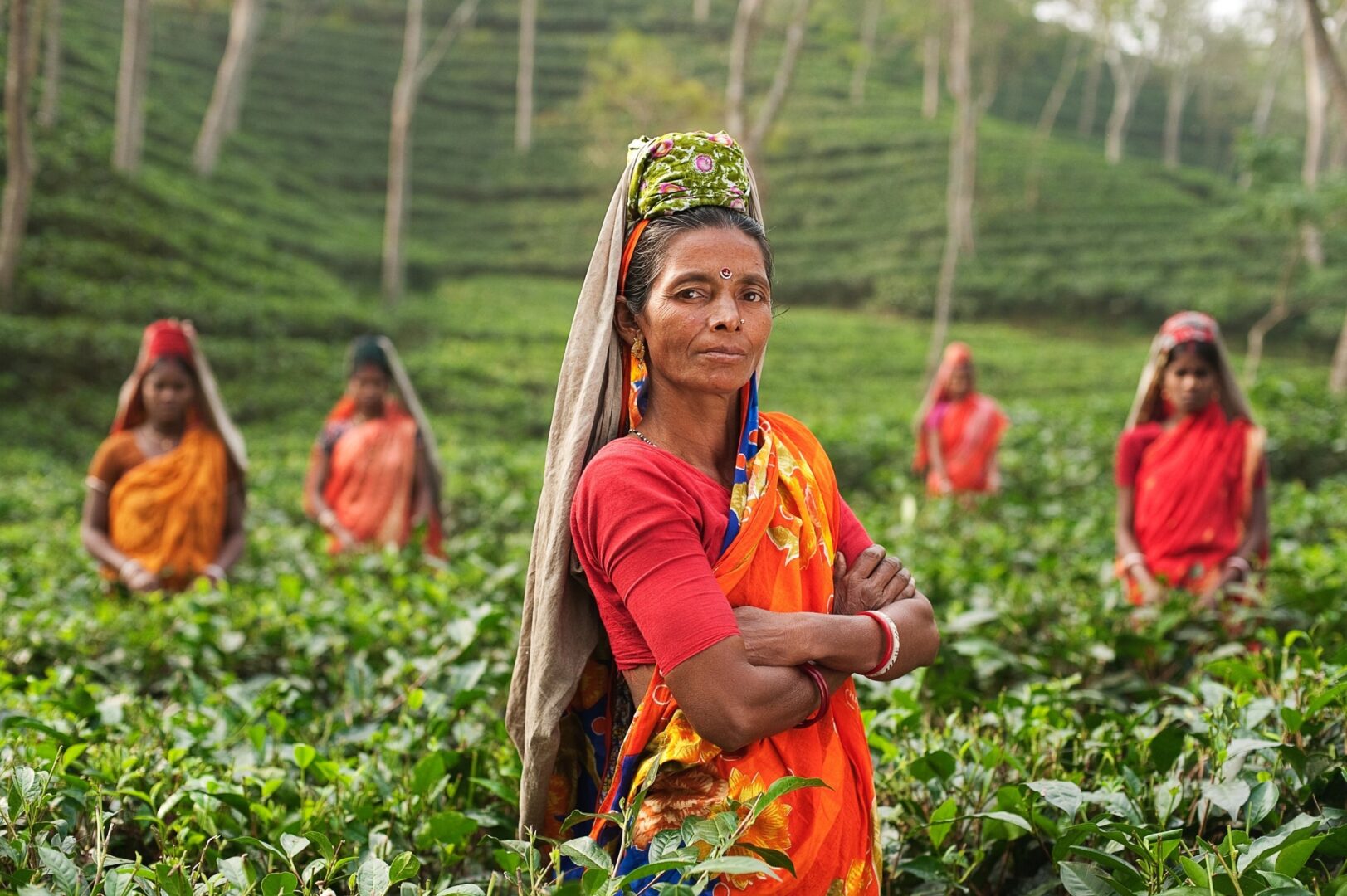App to Enable Servitisation and Sustainable Cooling for Indian Small-Scale Farmers

The Basel Agency for Sustainable Energy (BASE), together with the Swiss Federal Laboratories for Materials Science and Technology (EMPA), has been awarded a grant to create an open access, data- science-based mobile application: Your Virtual Cold-Chain Assistant, which will give smallholders in India access to data and sustainable cooling facilities through Cooling as a Service. This will subsequently minimise food waste and increase the farmers’ revenue.
At the end of 2020, data.org announced the winners of its global “Inclusive Growth and Recovery Challenge” – among which, Your Virtual Cold-Chain Assistant project driven by (BASE and EMPA. Launched in partnership with the Rockefeller Foundation and the Mastercard Center for Inclusive Growth, the challenge aims to tackle society’s greatest challenges and help people and communities thrive by harnessing the power of data science. BASE and EMPA will split US$10 million in grants with the seven other successful awardees to further develop this project.
Solving India’s growing problem with food waste
India is one of the world’s largest food producers, yet 25-35% of the produced food is wasted due to a lack of proper refrigeration and other supply chain bottlenecks, according to the Food and Agriculture Organisation of the United Nations (FAO). Only 6% of the food produced in India currently moves through the cold chain, compared to about 60% in developed countries. Currently, there are barriers that prevent farmers from accessing sustainable cooling solutions to save food. These include high upfront investments costs for equipment; limited access to finance; uncertainty related to new technologies; limited technical know-how of cooling systems and hygrothermal sensor data; limited expertise in postharvest storage practices; and in some cases – limited access to electricity.
To solve this challenge, BASE and EMPA will create this mobile application that includes several data inputs such as weather and climate data, geographical location data, fresh-produce yields, hygrothermal cold-storage sensor data, forecasted remaining shelf life of produce and real-time market prices. This will enable smallholders to make decisions on cooling based on lifecycle benefits, rather than upfront costs; have access to easy-to-use information so that they can make optimal decisions on produce and farm management.
“The project aims to break the negative cycle of poverty for smallholder farmers in India – while also improving food security, reducing food loss, minimising the impact of food production on the global climate, and increasing smallholder incomes by up to 30% per year. We are partnering with local entrepreneurs in India to pilot the tool with different types of crops, targeting 200 to 500 smallholder farmers,” explained Thomas Motmans, Project Lead at BASE.
The app will provide real-time instructions to guide farmers on how to control storage of products to minimize food loss and energy use, and on when to sell the produce to maximize market value. The tool will use machine learning and physics-based food modeling. This will be integrated into a lean mobile app specifically designed for smallholders & cooling service providers, which is the unique value proposition of this solution compared to existing tools designed for larger farmers.
This project complements BASE’s Cooling as a Service Initiative and the efforts to leverage CaaS4Food.
Learn more about the Inclusive Growth and Recovery Challenge and the other awardees at: data.org/challenge-awardees